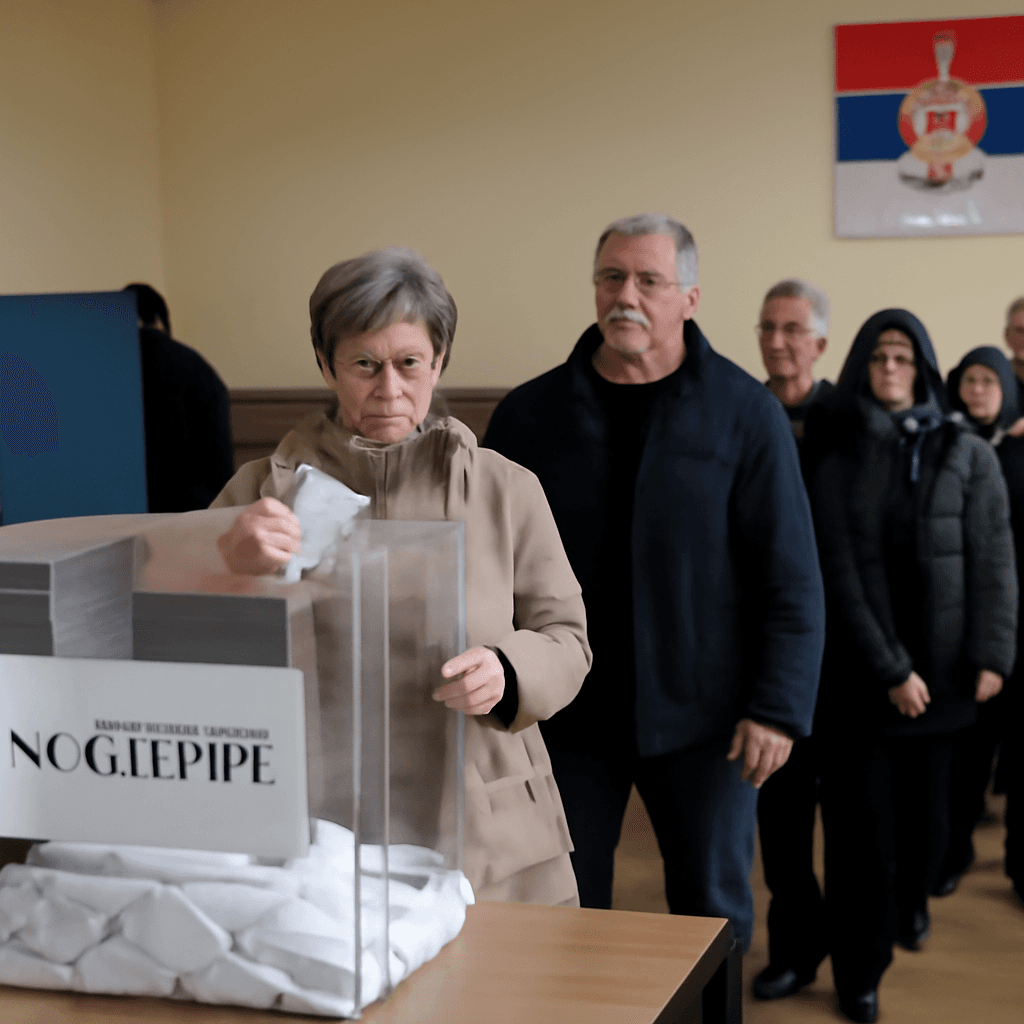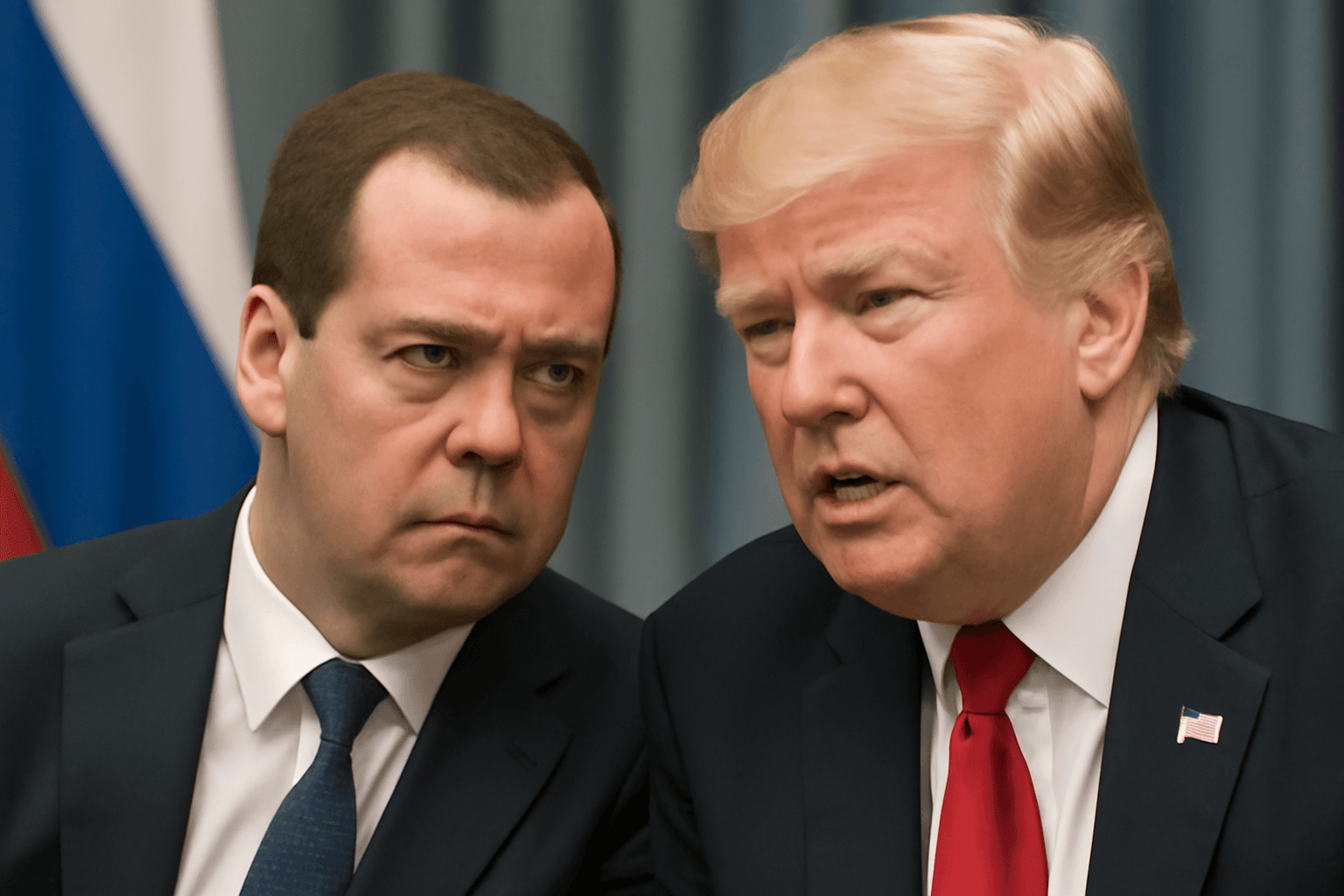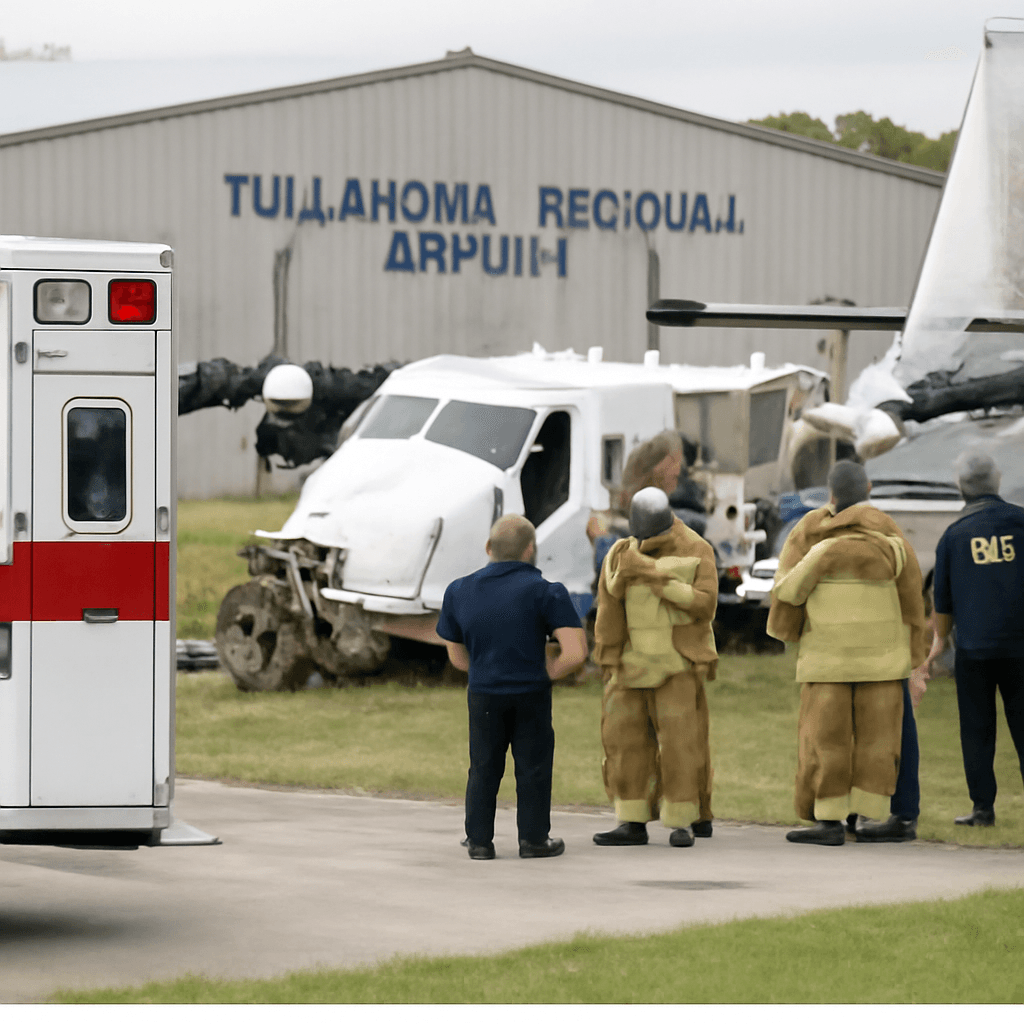High Voter Turnout Marks Crucial Kosjeric Municipal Election
Residents of Kosjeric, a Serbian town, cast their ballots on Sunday in a highly anticipated municipal election. The vote has drawn intense attention nationwide, serving as a litmus test for the ruling government amid rising public discontent.
A Vote Shadowed by Tragedy and Protest
This election is the first significant political event since the tragic collapse of a newly renovated train station roof in Novi Sad last November, which claimed the lives of 16 people. The disaster exposed entrenched concerns about corruption within the ruling nationalist party, igniting widespread protests spearheaded by students and civil society activists.
These demonstrations have challenged the authority of populist President Aleksandar Vucic and his administration, bringing urgent scrutiny to governance and public safety.
Government Response and Election Dynamics
President Vucic has dismissed the protests as being instigated by foreign interests, even characterizing them as an “attempted coup.” He also hinted at the possibility of national elections being called in the near future.
By 6:00 pm local time, election officials reported a turnout exceeding 76%, already surpassing the 73% mark recorded in the 2021 local elections. Sandra Filipovic, the local elections chief, expressed expectations that the final turnout would climb even higher during the remaining voting hours.
Challengers and Political Stakes
The dominant Serbian Progressive Party (SNS) faced a unified independent candidate list, composed of fresh faces and former opposition members who have abandoned previous party labels. This coalition is viewed as a potential blueprint for upcoming national contests.
Recent political unrest has already unseated a prime minister, leading to government reshuffling. A new cabinet was instated in April under Prime Minister Djuro Macut, a physician new to politics, marking a notable shift in Serbia's political landscape.
Looking Ahead
The Kosjeric election results are expected to signal the public’s mood toward the current government and indicate whether the opposition's united front can gain traction. As Serbia navigates the aftermath of protests and tragedy, these local polls have become a significant barometer for the nation’s political direction.











